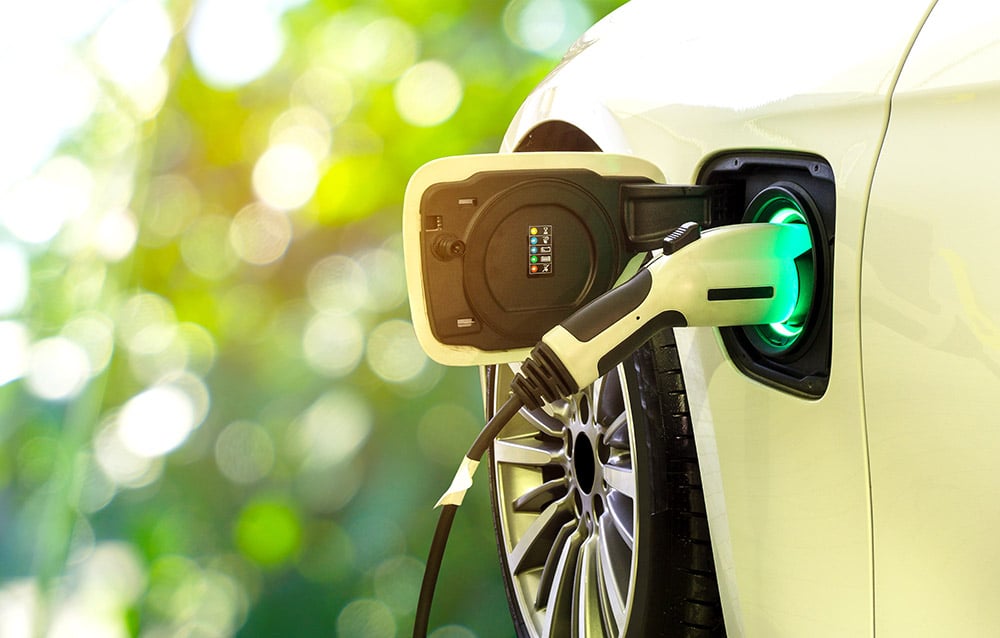IoT Connectivity Is the Foundation for Reliable EV Charging
By Safi Khan
September 15, 2022
By Safi Khan
September 15, 2022
Compared to conventional vehicles, electric vehicles (EVs) have fewer moving parts and volatile fluids and require less regular maintenance. Does this mean more reliability?
Let’s say you’re driving your EV from San Diego to Helena, Montana, for a conference. That’s approximately 1,505 miles one way, and you’re hoping to get there in under 23 hours.
Before you begin, you must plan your route to avoid being stranded without a charge.
Next, you can’t expect to reach your destination without calculating charging times. While filling a gas tank takes minutes, recharging an EV can take from 30 minutes to 12 hours, especially if you’re in line waiting for a charger.
There is a lot of development behind the scenes so that drivers are not stranded without a charge.

Reliability goes well beyond the physical EV itself. It’s based on how well the EV performs in real time and over time based on external factors, which include charging.
Think of it like an EV ecosystem of events and communications.
Trends in EV adoption are leading to public charging stations that charge point operators (CPOs) monitor and maintain remotely. As drivers use their charging apps, charge their vehicles and process secure payments, EV charging stations must be:
EV charging stations must also monitor electricity, usage, maintenance and built-in security for improved reliability and performance.
Charging apps or navigation systems must communicate reliable data in real time. Drivers should easily be able to:
EV charging requires a complete real-time infrastructure for communications between the charging network provider, the app or navigation system, and the driver.
EV charging network providers and app developers must do three things:
That said, there is no real-time EV charging infrastructure without the Internet of Things (IoT).
EV charging stations have evolved. From traditional non-connected stations to smart devices that are always on and always connected.
Cellular IoT connectivity is the connection between all points in the EV ecosystem. This includes:
According to a 2021 Oracle survey, “Five Best Practices of Leading IoT Adopters,” most adopters want to transform core business systems with IoT.
Seventy-five percent of adopters want connectivity to be bundled by IoT platform vendors. Instead of how to connect, they want to focus on what to do with the data.
Integrating IoT is a complex process. It is the main inhibitor to broader adoption across the industry. Anything less than a fully-informed decision approach will result in costly mistakes.
The fact remains complexity will always be a part of the EV ecosystem.
In the EV world, bundled connectivity means:
Choose an IoT vendor with a comprehensive offering for your hardware and connectivity to help you navigate the complexity. You can focus on your expertise and the data you receive to drive your business.
In the next article, we’ll dive into three of the top challenges you can face with poor connectivity.
Telit has over 22 years of experience in IoT enablement for solutions like EV charging stations. We offer a portfolio of cellular IoT modules, IoT connectivity services and bundles. You can leverage our products and expertise to ensure your EV charging ecosystem has reliable, secure connectivity.
Speak with our IoT connectivity experts today to request an IoT connectivity starter kit and begin developing your EV charging solution.